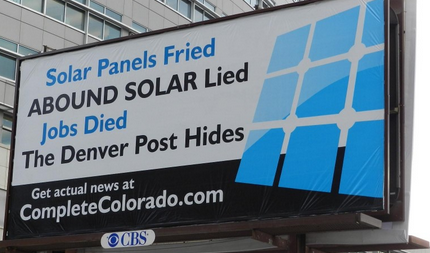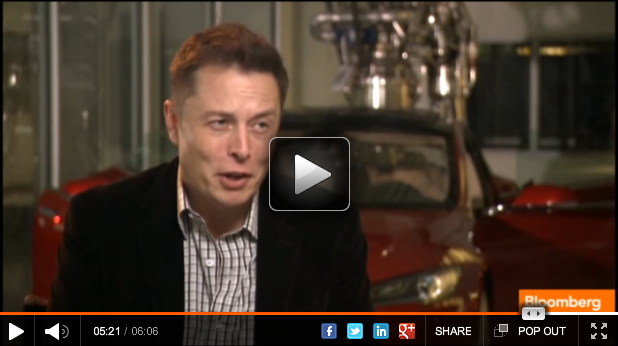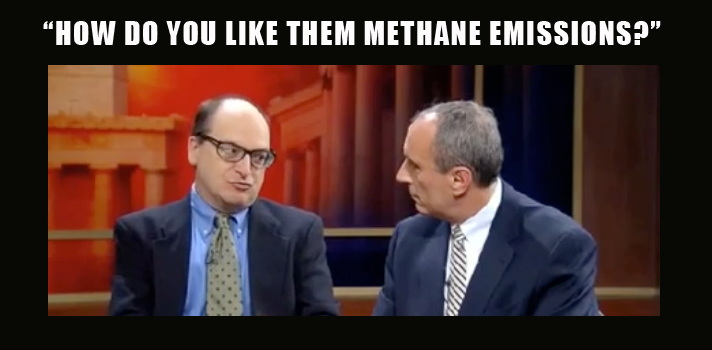Cronyism. Campaign finance. Prostitution. This story has it all. Politico (3/4/13) reports: “An Associated Press investigation has found that New Jersey’s Sen. Robert Menendez sponsored legislation with incentives for natural gas vehicle conversions that could benefit the biggest donor to his re-election… The CEO and a former consultant to GFS Corp. say that Dr. Salomon Melgen invested in the Florida company, which helps industries convert diesel fuel-fleets to natural gas, and joined its board of directors in early 2010.”
The bad guys ran Andy Revkin out because he was too calm and rational. Which should tell you a lot about the bad guys. NYTimes(3/1/13) reports: “The Times is discontinuing the Green blog, which was created to track environmental and energy news and to foster lively discussion of developments in both areas. This change will allow us to direct production resources to other online projects. But we will forge ahead with our aggressive reporting on environmental and energy topics, including climate change, land use, threatened ecosystems, government policy, the fossil fuel industries, the growing renewables sector and consumer choices.”
Don’t break out the champagne, but this could be the only sane thing that happens in Washington this year. GlobalWarming.org(2/28/13) reports: “U.S. EPA has altered its cellulosic biofuel requirements for 2012 — from 8.65 million gallons to zero,” today’s Climatewire reports. In January, the D.C. Circuit Court of Appeals vacated EPA’s 2012 cellulosic biofuels standard. “As a result,” Climatewire explains, ”obligated parties — oil companies required to show EPA that they blend biofuels in their fuel supply — won’t need to provide information on their compliance. The agency will submit refunds to companies that have submitted payments for 2012 cellulosic waiver credits.”
Did you know that EDF has offices in New York, and Boulder, and San Francisco, and Washington, and . . . Bentonville, Arkansas? Did you know that they “help” Wal-Mart think about how best to implement “green” initiatives? Tell me again why the Republicans like Wal-Mart? Politico (3/4/13) reports: “Statement by Mike Duke, president and CEO, Wal-Mart Stores, Inc.: ‘We congratulate Sylvia on her nomination … Sylvia is a strong leader who both masters the details and has a clear vision for making big things happen. She cares deeply about people and has natural personal warmth that enables her to build relationships and drive results that deliver impact. She understands business and the role that business, government and civil society must play to build a strong economy that provides opportunity and strengthens communities across the country.’”
At least we don’t have to report that they’ll stay open with a government handout, only to report again in a year or two that 265 jobs will be lost. Denver Post (3/1/13) reports: “Rentech Inc. will mothball a research- and-development facility in Commerce City and eliminate 65 positions after struggling to bring its alternative fuels into commercial production, the Los Angeles company said Thursday… ‘We believe the technology has value and we have demonstrated that it works,’ said company spokeswoman Julie Dawoodjee… Rentech doesn’t have the $1 billion or more it would take to ramp up its technology on a mass scale, and potential fuel buyers haven’t been willing to lock into long-term contracts that would make it easier to raise capital, she said.”















